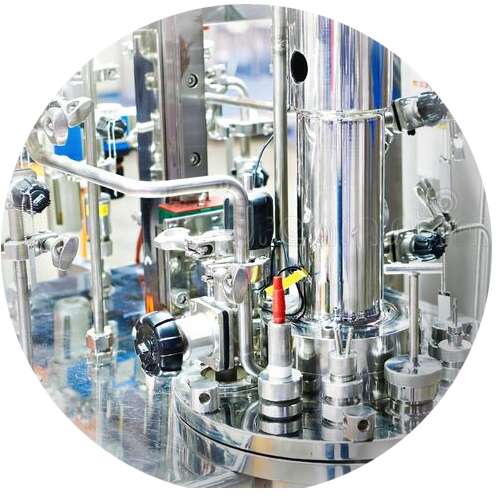Get the knowledge you need to envision and implement Chemometric and Process Analytical Technology (PAT) solutions.
 | Our interactive training class will provide you or your people with tools and techniques to influence and impact your organization. Learn hands-on, executing a real-life project, and leap forward from there. Start from a solid Design of Experiments and produce quality data on analytical equipment. Apply main Multivariate Data Analysis tools like Principal Component Analysis (PCA) to discover and visualize what is hiding behind the numbers. Use Partial Least Squares Regression (PLSR) and the many augmentations thereof, and create, validate and test your quantitative model. Last but not least present your solution. Data modeling is good fun and solves real problems. |
Who do you want to benifit? | |
 | Analytical chemistModern chromatographic and spectrometric techniques abundantly provide digitalized data. Finding those critical bits of information in the large data tables is not trivial. Learn to find, quantify and display the essential relationships, expected or unexpected, within and between data tables. Visualisation of the results in easy interpretable plots play an equally important part. Recognize the importance of validating a chemometric model and appreciate the most frequently used validation practices in analytical chemistry. Data and knowledge are two different things. |
 | Process EngineerChemical problems, like those encountered in the process industry, are very complicated. There has been a strong trend towards inline sensors that provide essential information in real-time, creating ever increasing quantities, and variable quality, of data measured from process streams. With a traditional scientific approach, that focuses on one or two variables at the time, it’s impossible to extract the required knowledge that is hidden within. Learn to use standardized calibration and modeling algorithms that are essential for making sense out of data. Detect outliers and differentiate noise from information. Understand how to transfer models between at- and inline instruments. Only by reducing complexity, more data can lead to more knowledge. |
 | ManagerWe have lots of data. But how can we use that to improve our business? Are you wondering if your organisation or team is ready to embrace a data science strategy? Or were you oversold on chemometric ‘black magic’ ? The training will provide a head start and show what chemometrics and multivariate data analysis can do for your business. You will learn about the terms, techniques and challenges, and appreciate how your team can get the best from all that expensive data. Spot new opportunities and know how to guide your team to tap into this potential. Data alone have no value until it is converted to relevant information for decision makers. |
